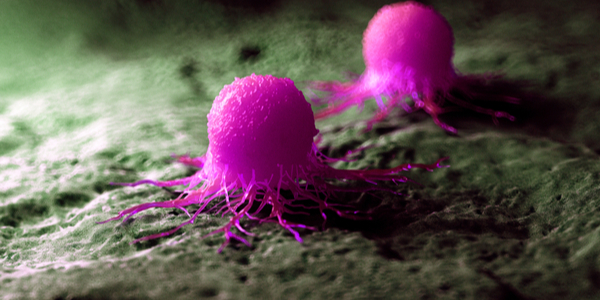
Optimizing anti-4-1BB agonistic antibodies for cancer immunotherapy
Immune checkpoint blocking antibodies have gained great success in the clinic however, these treatments are effective for only about 30% of patients. Most of these antibodies block co-inhibitory molecules like PD-1 and CTLA-4 but the development of agonistic antibodies against co-stimulatory molecules has lagged behind. One such co-stimulatory molecule, 4-1BB, activates T cells and promotes anti-tumor immunity upon binding to its ligand, 4-1BBL. Despite the better or equivalent anti-tumor activity in preclinical models compared with anti-PD-1 antibodies, anti-4-1BB antibodies have struggled in clinical trials due to low efficacy and severe liver toxicity.
To investigate the liver toxicity and efficacy issues Dr. Xuanming Yan's group from Shanghai Jiao Tong University employed a mouse model of cancer immunotherapy using Bio X Cell's anti-mouse 4-1BB clones 3H3 and LOB12.3. The authors found that the 3H3 clone induced liver toxicity while the LOB12.3 clone did not. Further, while the 3H3 clone exhibited strong anti-tumor activity independent of FcγR engagement the LOB12.3 clone required FcγR-crosslinking to activate 4-1BB signaling and induce anti-tumor activity. Overall, the authors concluded that strong agonistic antibodies, like 3H3, that can activate 4-1BB in the absence of FcγRs have the potential to induce liver toxicity, whereas weak agonistic antibodies, like LOB12.3, that require FcγR crosslinking for 4-1BB activation, do not induce liver toxicity, and maintain anti-tumor efficacy.
To extend these results Dr. Yan's group developed a novel anti-human 4-1BB antibody with weak agonistic activity and an engineered Fc region with selective FcγR binding. Compared with the standard anti-human 4-1BB antibodies, Urelumab and Utomilumab, currently in clinical trials, the new antibody showed robust tumor control ability in a wide range of dosages and importantly, it did not induce liver toxicity.
See the complete article in Nature: https://www.nature.com/articles/s41467-019-10088-1
